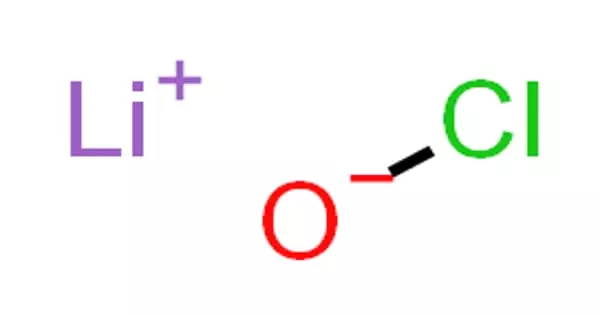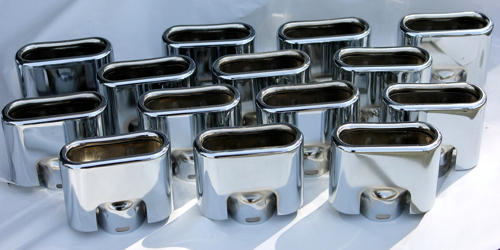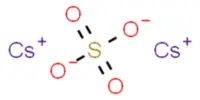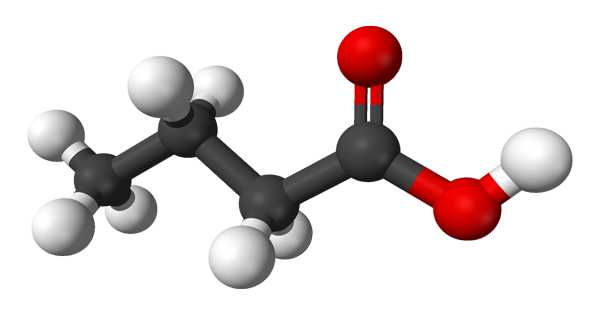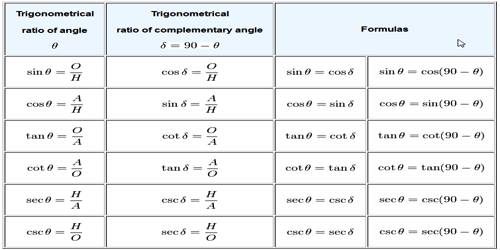The colorless, crystalline lithium salt of hypochlorous acid with the chemical formula LiClO is known as lithium hypochlorite. It’s a white granular solid or tablet compressed from granules with a chlorine odor. It is used as a pool disinfectant and as a reagent in some chemical reactions. Noncombustible, but hastens the combustion of combustible material. Heat exposure of closed containers for an extended period of time may result in vigorous decomposition and rupture of the container.
Lithium hypochlorite is an algicide, disinfectant, fungicide, and surface sanitizer for food contact. Its main pesticidal application is to control algae, bacteria, and mildew in swimming pool water systems, hot tubs, and spas; in 1989, approximately 2,000,000 pounds of the active ingredient were used for this purpose. It is also used to sanitize food and cheese processing plant equipment, dairies, and restaurant equipment and utensils.
Properties
Lithium hypochlorite is a white, granular solid or tablet with a Chlorine odor. It is used for sanitizing, disinfecting, and controlling algae in swimming pools, and as laundry bleach.
- Molecular Weight: 58.39
- Appearance: White crystals or granules
- Melting Point: 135 °C (dec.)
- Boiling Point: 1336 °C
- Density: 0.531 g/cm3
- Solubility in H2O: N/A
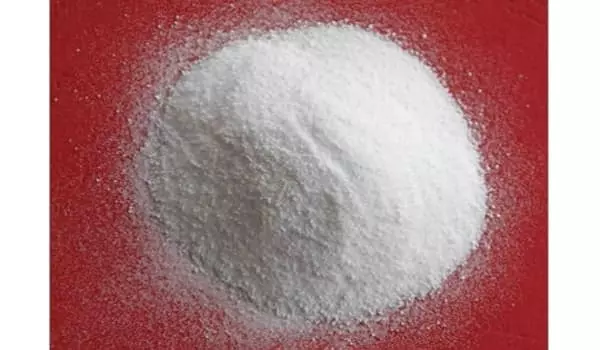
Preparation
Commercially, lithium hypochlorite is made from a purified solution obtained from the sulfuric acid-spodumene recovery process for lithium. The chlorinated and evaporated solution contains lithium, sodium, potassium, hydroxide, and sulfate ions. The solid is dried to produce impure lithium hypochlorite with 35-40% available chlorine. The material is primarily used as a bleach and disinfectant in home swimming pools.
Lithium hypochlorite is granular chlorine with a chlorine content of 35%. Because lithium dissolves quickly, it is ideal for super chlorinating (shocking) vinyl-lined and fiberglass pools, as well as those with hard water and calcium levels. However, due to its low active strength and high cost, it is best used as a home pool disinfectant rather than a commercial pool disinfectant.
Uses
Lithium hypochlorite is available in two forms: ready-to-use liquid and soluble solid concentrate. It is used to clean swimming pool water with a skimmer basket, as well as equipment or utensils by hand or with a dishwashing machine. Lithium is a naturally occurring element found in low concentrations in food and drinking water.
Safety
In rats, doses of 500 mg/kg cause clinical signs as well as significant mortality. Although chlorine-based disinfectants are widely used in domestic water, they have caused some controversy due to the formation of small amounts of harmful byproducts such as chloroform. Using pools containing lithium hypochlorite resulted in no lithium uptake, according to studies.
Lithium hypochlorite is considered mildly toxic to nontoxic to avian species, and it is not expected to be found in significant quantities in the environment. As a result, the risk to avian species is expected to be low. Toxicity to fish and aquatic invertebrates, however, is considered very high.
